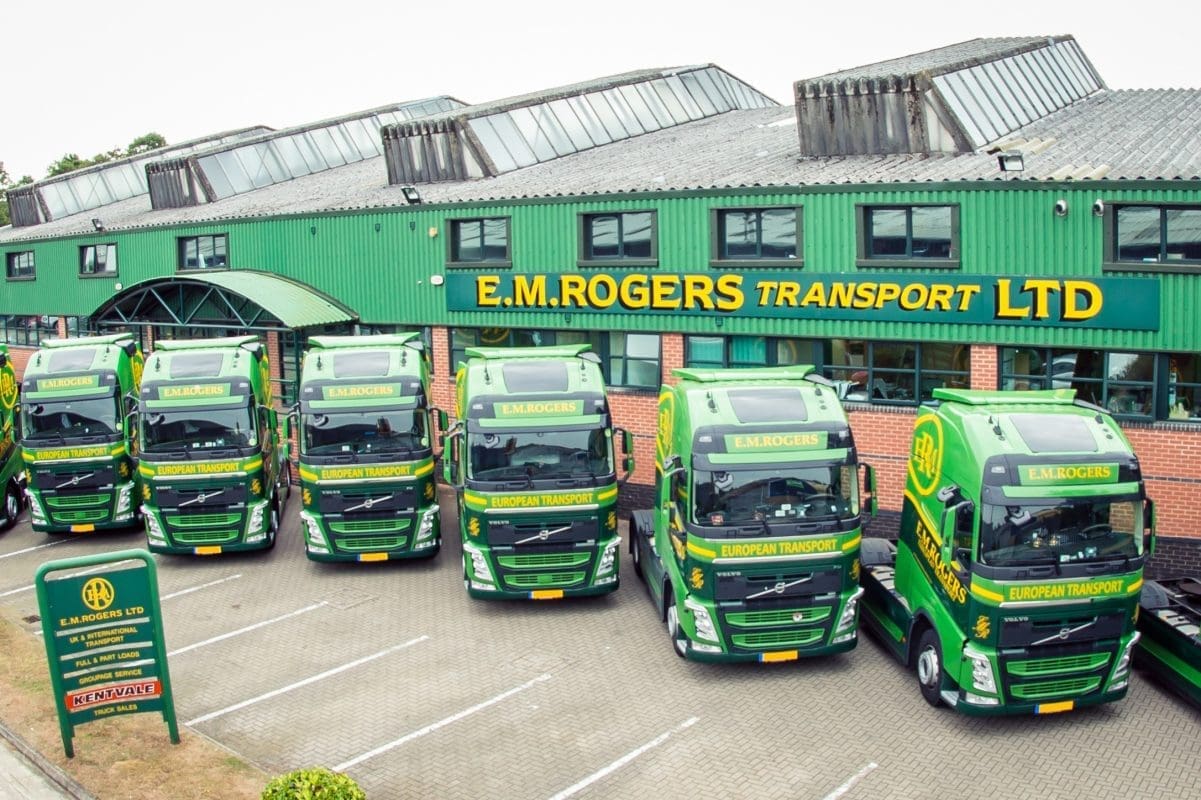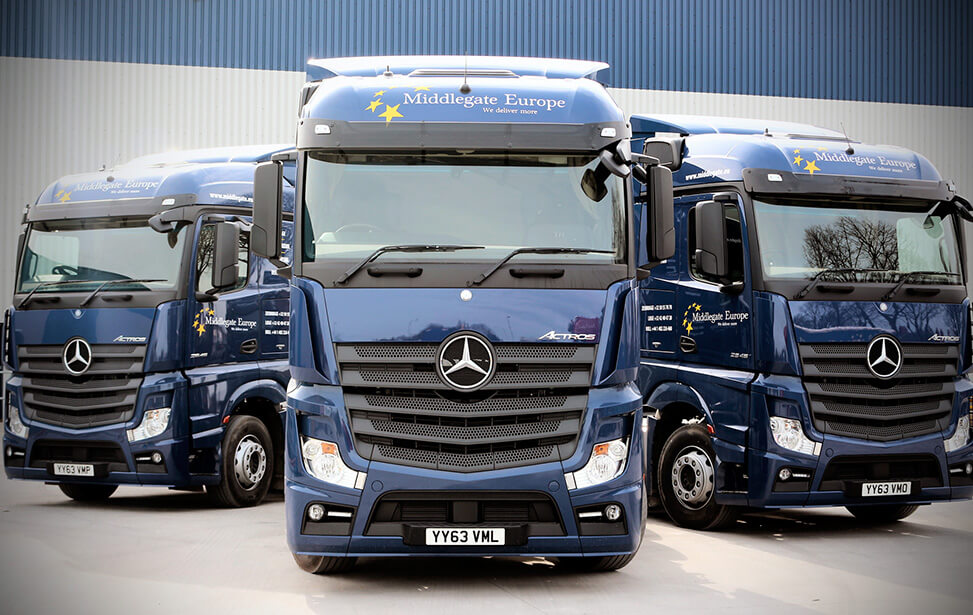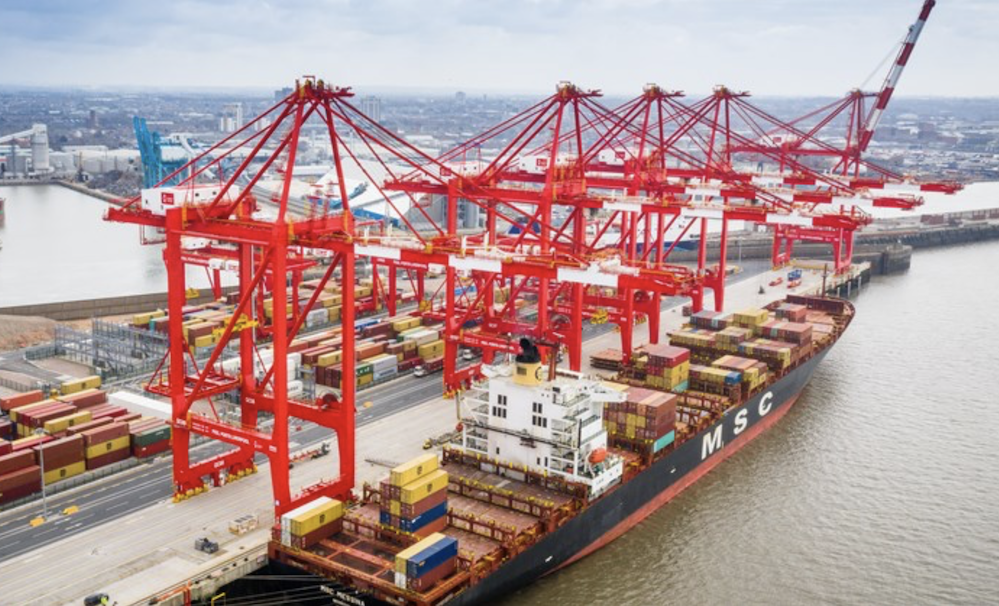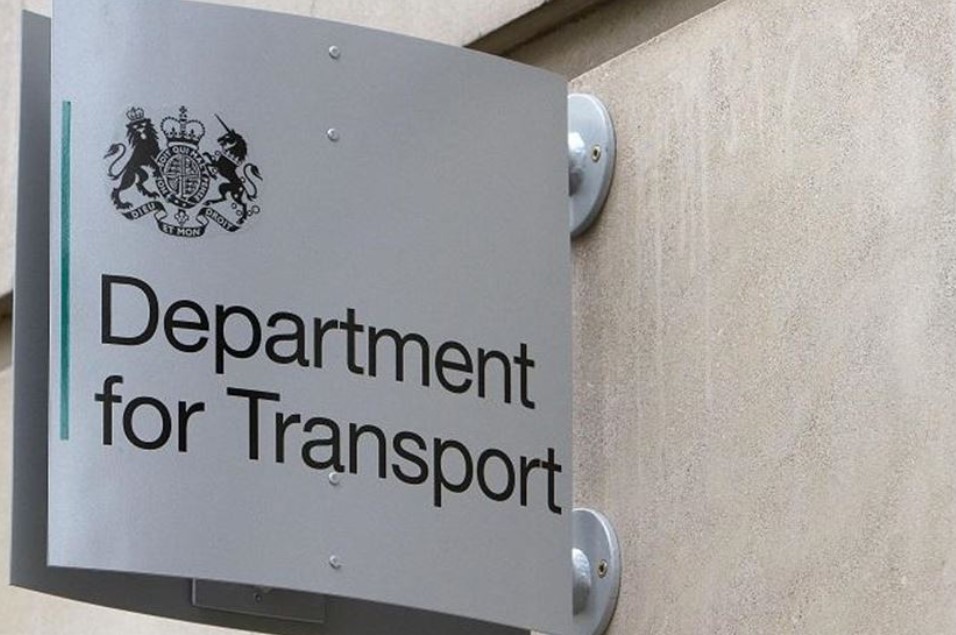The Rise Of Electric Vehicles
One of the most significant developments in transportation news today is the rising popularity of electric vehicles (EVs) and the increasing investment in charging infrastructure. This trend is being driven by concerns over climate change, as well as improvements in battery technology and the affordability of EVs.
According to recent reports, global EV sales are expected to increase by over 70% in 2021, with many countries and automakers setting ambitious targets for electrification in the coming years. In addition, governments and private companies are investing heavily in the development of charging infrastructure, which is seen as a critical factor in increasing EV adoption rates.
One example of this is the recent announcement by the Biden administration in the United States, which plans to invest $15 billion in EV charging infrastructure as part of its infrastructure plan. This investment will fund the construction of 500,000 new charging stations across the country, which is seen as a major step towards making EVs a more viable option for American drivers.
In addition to government investment, private companies are also making significant contributions to the development of charging infrastructure. For example, Amazon recently announced that it will install more than 10,000 EV charging stations at its delivery facilities across the world, which will help to support the growing fleet of electric delivery vans.
Despite these positive developments, there are still challenges to be addressed in the transition to electric vehicles. One of the main issues is the high cost of EVs, which can be a barrier to adoption for many consumers. However, as battery technology improves and economies of scale are achieved in the production of EVs, it is expected that prices will continue to fall, making them more affordable for a wider range of consumers.
Overall, the growing popularity of electric vehicles and the increasing investment in charging infrastructure represent a significant shift in the transportation industry. As the world moves towards a more sustainable future, it is clear that EVs will play a central role in reducing emissions and mitigating the impact of climate change.
Electric Vehicles In Industry Use Today
The adoption of electric vehicles in the haulage industry is still in its early stages, but there are several companies that are already using electric trucks for their operations. Here are some examples:
- Amazon – Amazon has ordered 100,000 electric delivery vans from Rivian, with the aim of having 10,000 of them on the road by 2023. The first of these vans began delivering packages in Los Angeles in 2020.
- DHL – DHL is one of the largest logistics companies in the world and has been testing electric trucks in several countries, including Germany, the UK, and the Netherlands. In 2019, the company announced that it would be adding more than 100 electric delivery vans to its fleet in the UK.
- UPS – UPS has been using electric trucks for several years and has one of the largest fleets of electric trucks in the world. The company has over 10,000 electric vehicles, including trucks, delivery vans, and bicycles, and has committed to having 25,000 electric vehicles in its fleet by 2030.
- Ikea – Ikea has been using electric trucks for its home deliveries in several countries, including France, the Netherlands, and Switzerland. The company aims to have all of its home deliveries in 30 cities around the world done with electric vehicles by 2025.
- PepsiCo – PepsiCo has been testing electric trucks for several years and has made a commitment to have 100% of its fleet in the US made up of electric or other low-emission vehicles by 2040. The company has already placed an order for 100 electric trucks from Tesla.
- Coca-Cola – Coca-Cola is also committed to reducing its carbon footprint and has been testing electric trucks in several countries. In 2019, the company announced that it would be adding 100 electric trucks to its fleet in the US.
These are just a few examples of companies that are already using electric vehicles in the haulage industry. As the technology improves and becomes more widely available, we can expect to see more companies following suit and adopting electric trucks for their operations.
The Future Of Electric Vehicles
The adoption of electric vehicles in the haulage industry is gaining momentum as businesses and policymakers aim to reduce carbon emissions and improve air quality. While EVs have traditionally been associated with passenger vehicles, advances in battery technology and improvements in charging infrastructure are making them a more viable option for commercial fleets.
One of the main advantages of electric vehicles in the haulage industry is their lower operational costs compared to diesel-powered trucks. According to a recent report by McKinsey, the total cost of ownership for an electric truck over a 10-year period is expected to be lower than that of a diesel truck in most parts of the world by 2030. This is due to lower maintenance costs and cheaper electricity prices, which offset the higher upfront cost of purchasing an electric truck.
In addition to cost savings, electric trucks also offer significant environmental benefits. According to the European Environment Agency, heavy-duty vehicles are responsible for around a quarter of CO2 emissions from road transport in the EU. By switching to electric trucks, haulage companies can help to reduce these emissions, improving air quality and reducing their carbon footprint.
Despite the potential benefits, there are still challenges to be overcome in the adoption of electric trucks. One of the main challenges is range anxiety, which refers to the fear of running out of power before reaching a destination. While the range of electric trucks is improving, they still have a shorter range compared to diesel trucks, which can make them less suitable for long-haul journeys. However, advances in battery technology and the development of charging infrastructure are helping to address this challenge.
Another challenge is the availability of charging infrastructure, which is necessary for the widespread adoption of electric trucks. The development of charging infrastructure is a key focus for governments and private companies, with many investing in the construction of charging stations and the development of charging networks.
In conclusion, the future of electric vehicles in the haulage industry looks promising. As battery technology improves and the cost of electric trucks continues to fall, we can expect to see an increasing number of businesses adopting electric trucks for their commercial fleets. While challenges such as range anxiety and the availability of charging infrastructure remain, these are being addressed through investment in research and development and infrastructure. Ultimately, the adoption of electric trucks is a critical step towards reducing emissions and improving air quality in the haulage industry.


















2 thoughts on “Electric Vehicles (EVs): The Rise And The Future”
Comments are closed.